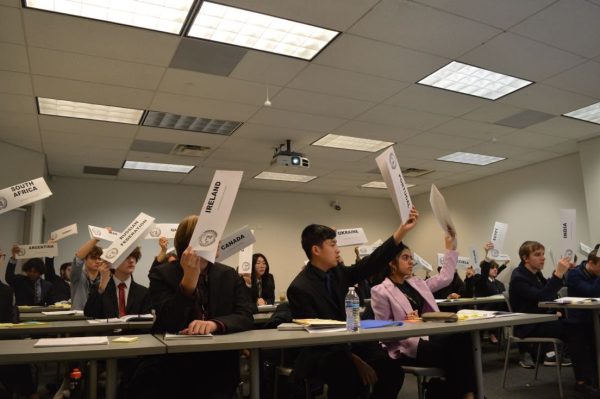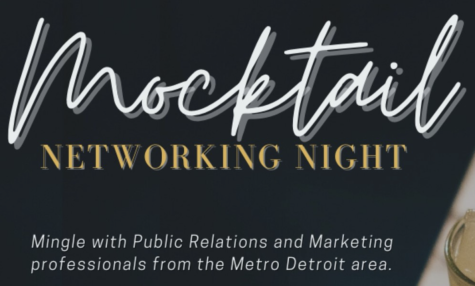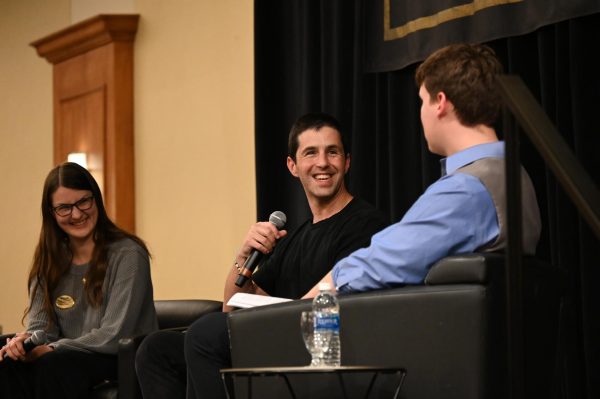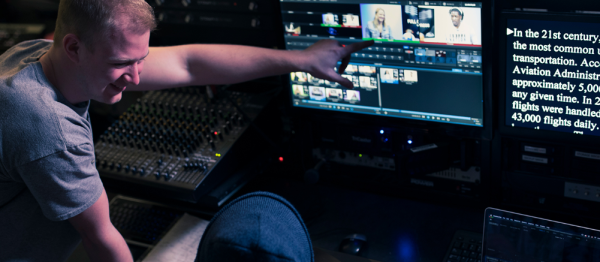People have lower attention span than goldfish
Study shows goldfish have an average of nine seconds longer attention spans than humans.
A study by Microsoft Corporation found that in the last 13 years, humans’ attention span dropped from 12 to eight seconds. What does this mean?
We have a shorter attention span than goldfish.
These finned creatures beat us, reportedly focusing for an average of nine seconds, according to The New York Times.
Scientists surveyed 2,000 Canadians and studied the brain activity of 112 others using electroencephalograms, which record electrical impulses produced by cells, according to IFL Science.
Those tested with more digital lifestyles — people who began using technology early on, frequent social media, consume multiple forms of technology at once, or just more technology in general — found it difficult to focus at times when prolonged attention was needed, according to The Telegraph.
The study’s findings include that 45 percent of Canadians get “side tracked from what they’re doing by unrelated thoughts or day dreams,” and that 44 percent have to “concentrate hard to stay focused on tasks.”
The study specifically mentioned that these “heavy multi-screeners” often find it challenging to weed out irrelevant stimuli and are therefore more easily distracted, constantly looking for the next exciting thing.
Researchers did have some positive findings. They reported that a human’s ability to multitask has improved.
“While digital lifestyles decrease sustained attention overall, it’s only true in the long-term. Early adopters and heavy social media users front load their attention and have more intermittent bursts of high attention,” according to the study.
Technology usage trains individuals to figure out what they want to pay attention to and to need less time to process that information and encode it to memory, according to the study.
However, some don’t think this ability is beneficial.
“Multitasking reduces your efficiency and performance because your brain can only focus on one thing at a time. When you try to do two things at once, your brain lacks the capacity to perform both tasks successfully,” according to Forbes.
It may even be harmful to one’s intelligence.
A study at the University of London found that the IQ of participants who multitasked during cognitive tasks dropped, comparable to a score they would receive after pulling an all-nighter. Some men lowered 15 points, which is the average range for an 8-year-old child, according to Forbes.
David Schwartz, psychologist and director of the Counseling Center, is also hesitant.
“What I know about multitasking, from previous research, is that humans are generally very poor multitaskers,” Schwartz said. “When most people refer to themselves as being a ‘good multitasker,’ what they are usually referring to is the fact they may be skilled at switching quickly between tasks — i.e. serial versus multi.”
Schwartz said that one should be cautious when accepting the findings of the study.
“I am suspicious of the comparison between humans and goldfish. That seems like the type of thing that was distorted somewhere along the way from research to press coverage,” Schwartz said.
That said, he stated that Microsoft’s results do seem to represent the possible effects of technology on this population.
So, how can we better navigate this digital environment?
First off, Schwartz suggests an individual meet with a professional psychologist for a diagnostic test if they find themselves struggling to concentrate.
He also recognizes that all of this technology is here to stay. Therefore, a “technology vacation” may provide some much needed relief.
“Especially with this coming election and the amount of anger and vitriol that is going to be continuously pumped out into the web, it is going to be very important for people to recognize their limits,” Schwartz said. “If you find your hands shaking after reading a Facebook post because you are so upset, and we have all been there, it is probably time to reflect and disconnect for a few days.”
Ultimately, Schwartz ended with a good takeaway:
“I like to ask people to honestly evaluate if the technology they are using is adding to their well-being or taking away from it. If it seems to be adding more negativity to your life than positivity, it might be time to rethink how you are using the technology.”
Maybe keep all of this in mind at the next simultaneous Netflix-Twitter-iMessaging session.












